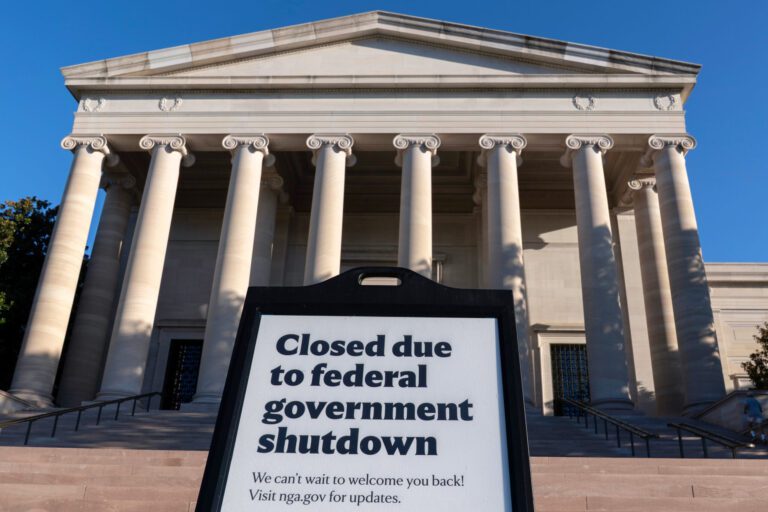SNAP Funding Battle: Congress Faces Food Crisis
Congressional Stalemate Threatens SNAP Benefits
As the deadline looms, Democrats in Congress are urging their Republican colleagues to compel the Trump administration to release funds for the Supplemental Nutrition Assistance Program (SNAP), commonly known as food stamps. The Trump administration currently has over $5 billion in an emergency fund to sustain SNAP after its scheduled expiration this weekend.
Ongoing Funding Blockade
Senate Democrats have been blocking a clean funding bill aimed at keeping the government operational through November 21. They argue that essential issues like health care and appropriations require bipartisan negotiations. Republicans, on the other hand, advocate for a clean extension to allow negotiating processes to take place.
Key Points:
- SNAP funding at risk with shutdown impending.
- Senate Democrats demand negotiations on crucial issues.
- Republicans aim for a straightforward funding extension.
Impact of the Shutdown on SNAP
According to the Department of Agriculture, if funding is not secured by November 1, SNAP may be unable to pay out benefits. This would affect approximately 42 million individuals across 22 million households, leading many to lose access to critical food assistance.
Agriculture Secretary Brooke Rollins stated in a Newsweek opinion piece that “Senate Democrats built much of their identity on being the party of ‘helping the helpless’… now they are failing those very people.”
Democrats’ Call to Action
Democrats maintain that Secretary Rollins can access the emergency funds established by Congress to support state SNAP programs. They also suggest that President Trump could utilize his tariff revenue to ensure SNAP’s continued funding.
Senator Bernie Sanders emphasized the urgency during a press conference, stating:
“We are here today to send a very loud and clear message to President Trump: Obey the law! Do not let children in America go hungry.”
Legal and Legislative Maneuvers
A lawsuit filed by over 20 states has emerged, demanding the administration release SNAP funds, which are estimated to be between $5 billion and $6 billion from Congress’s prior appropriations. Notably, the last shutdown occurrence led to a contingency fund of $6 billion for SNAP, which must be utilized or risk being lost.
Historical Context:
- The upcoming lapse would mark the first time since the establishment of SNAP by President Franklin Delano Roosevelt that the federal government fails to meet its food stamp obligations.
Bipartisan Efforts to Preserve SNAP
In an attempt to safeguard SNAP, a small faction of Republicans, including Senator Josh Hawley, has proposed a bill to maintain full funding throughout the shutdown. Senator Ben Ray Luján has also introduced legislation aimed at funding both SNAP and the Women, Infants, and Children (WIC) nutrition program, calling for Republicans to prioritize Hawley’s proposal.
Quote from Senator Luján:
“Funding for SNAP has never lapsed in the history of the United States… they found a way to use this money.”
Historical Precedent and Current Reactions
Democrats refer to comments from former Agriculture Secretary Sonny Perdue, who successfully ensured SNAP remains funded during a previous shutdown lasting 35 days. Senator Luján again emphasized this point during his Senate floor speech but was met with opposition from Senator John Thune, who argued that Democrats should first focus on overall government funding.
Thune’s Response:
“Let me just point out… SNAP recipients shouldn’t go without food. People should be getting paid, and we’ve tried to do that 13 times!”
Conclusion
With critical deadlines approaching and the stakes rising, the battle over SNAP funding continues. Congress faces mounting pressure to act quickly to prevent a significant crisis for millions reliant on these nutrition assistance programs. The situation underlines the urgency of bipartisan cooperation and the necessity of continued funding to ensure American families do not go hungry.


